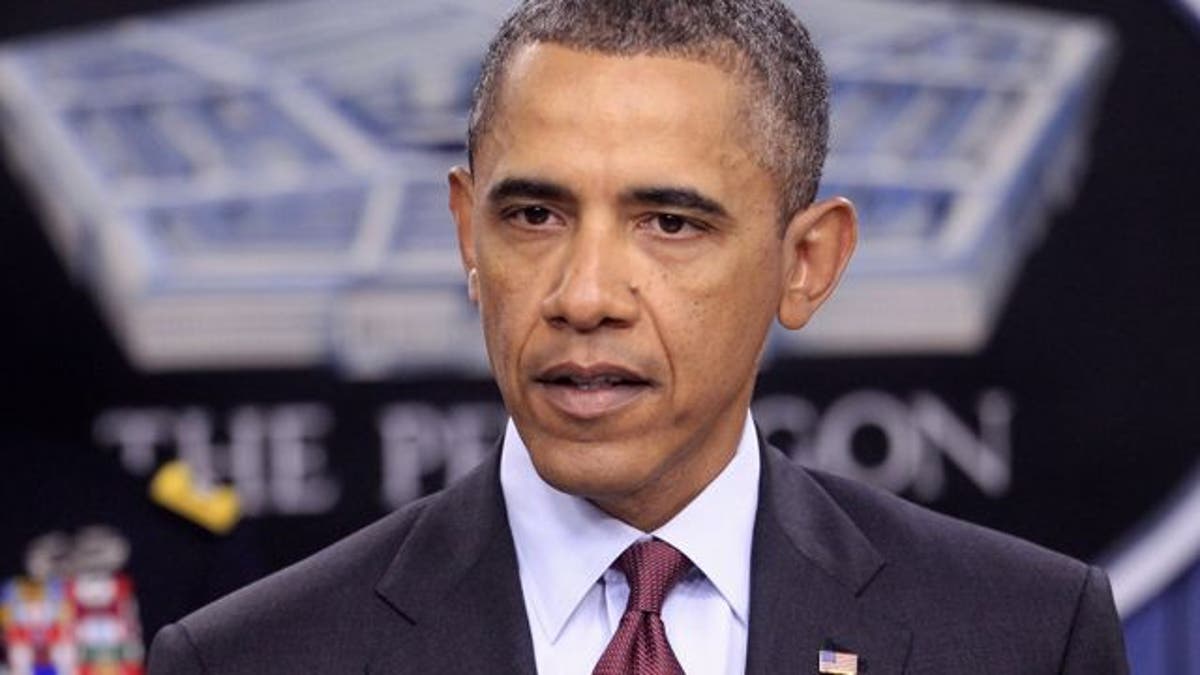
Last September, during Hispanic Heritage month, the White House held a briefing outlining the President’s accomplishments and plans for the Hispanic community. As a new Fox News Latino poll shows that Hispanics favor President Obama by 6-to-1 over a GOP contender, it’s apparent that his messaging is working.
However, a closer look at President Obama’s economic accomplishments begs the question: is the Administration presenting the real picture?
The economy continues to be the number one concern for Latinos and all Americans. What affects our bank account affects every other aspect of our lives. Although there seem to have been some economic improvements, Latinos have been hurt the most by a poor economy.
One such “improvement” has been in the labor market. However, there are two problems with the rate that the administration presents as evidence of downward unemployment trends. First, those who give up looking for a job are counted as an “improvement.” Second, according to many economists, if the unemployment rate were calculated exactly how it was just four years ago during my uncle’s presidency, we would still have an unemployment rate well over 11 percent, even higher for Hispanics.
President Obama has also highlighted recent growth in our nation’s Gross Domestic Product as an indication of an improving economy. After bottoming out at -8.9 percent in 2008, the 3 percent positive growth in the fourth quarter of 2011 looks pretty good. But, considering that the annual total for 2011 was only 1.7 percent, less than half of our nation’s historical average, and concerns again arise.
When taking inflation into consideration, our GPD growth rate again enters the red. Official inflation forecasts for 2012 are currently 3.1 percent, already greater than last year’s growth, but excluding those purchases that we do not make everyday—such as cars, houses, and computers—and the inflation Americans will feel in the grocery store, at the gas pump, and at the pharmacy is expected to be 8 percent, effectively wiping out any prospect of GDP growth in 2012.
Small businesses, which have hired more than 65% of our jobs over the last two decades, are also struggling to grow due to current economic policies. According to the U.S. Chamber of Commerce, concerns that contribute to lackadaisical small business growth include economic uncertainty, the national debt, health care and other regulations, and potential increases in taxes.
With the passage of the JOBS Act on Thursday afternoon, lawmakers may have confirmed their understanding that it’s not good enough to just help small businesses in their current state, we must also given them room to grow. A recent article in the Economist pointed out that European countries that have placed too much emphasis on small business growth and too little on freeing large businesses, have suffered the most. Greece and Portugal have policies that give reverence to small businesses, while other policies stifle growth. Germany, Europe’s strongest economy, relies more upon larger, more efficient firms for job creation and expansion.
Why should Hispanics care? First, we all either work for or own a business affected by current policies. Secondly, Hispanics are becoming more dependent upon the incomes drawn from small business than anyone else. As Hispanics grow businesses three times faster than the rest of the population, we have the potential to impact the economy at a greater rate as well. When our businesses’ growth is hindered, so is the rest of the country, and so is the well-being of our families.
Partially due to current economic policies, Hispanics are seeing economic declines. Not only do we have higher rates of unemployment, but a Pew Hispanic poll shows that nearly 75 percent of us also feel as though our finances are in only “fair” or “poor” shape. Hispanics have also seen a larger drop in total wealth and an increased poverty rate. When it comes to pure economics, Hispanics have been hit the hardest.
What can we do to change all of this? In a word: freedom. We should free businesses by allowing them to have lower start up and compliance costs, fewer regulations, and a smaller or simplified tax burden. We should allow gas prices to fall by freeing American ingenuity and creating supply within our own country, not relying upon technologies that will not have an economic impact for years to come. We should allow people and businesses the freedom to choose how and where they will obtain healthcare, not force them to choose a government product, which may be more costly and burdensome.
In the end, when business costs are reduced and businesses are allowed to grow, those cost savings are passed onto other businesses, which is then passed onto the consumer, reduces the risk of inflation, and increases employment. Only then will Hispanics, and all Americans, see the benefit of an economy that is allowed to work as the free market intended, providing a better future for all of us and future generations to come.
Jeb Bush, Jr. is the COO of Jeb Bush and Associates (“JBA”) and is also the co-Founder and Chairman of Florida Hispanic Outreach.
Justin Vélez-Hagan is the National Executive Director of The National Puerto Rican Chamber of Commerce and an international developer of senior living facilities. He is also the Sr. Contributing Writer for Politic365 and can be reached at Justin@Politic365.com or @JVelezHagan.












































